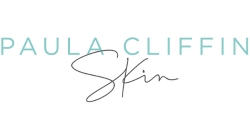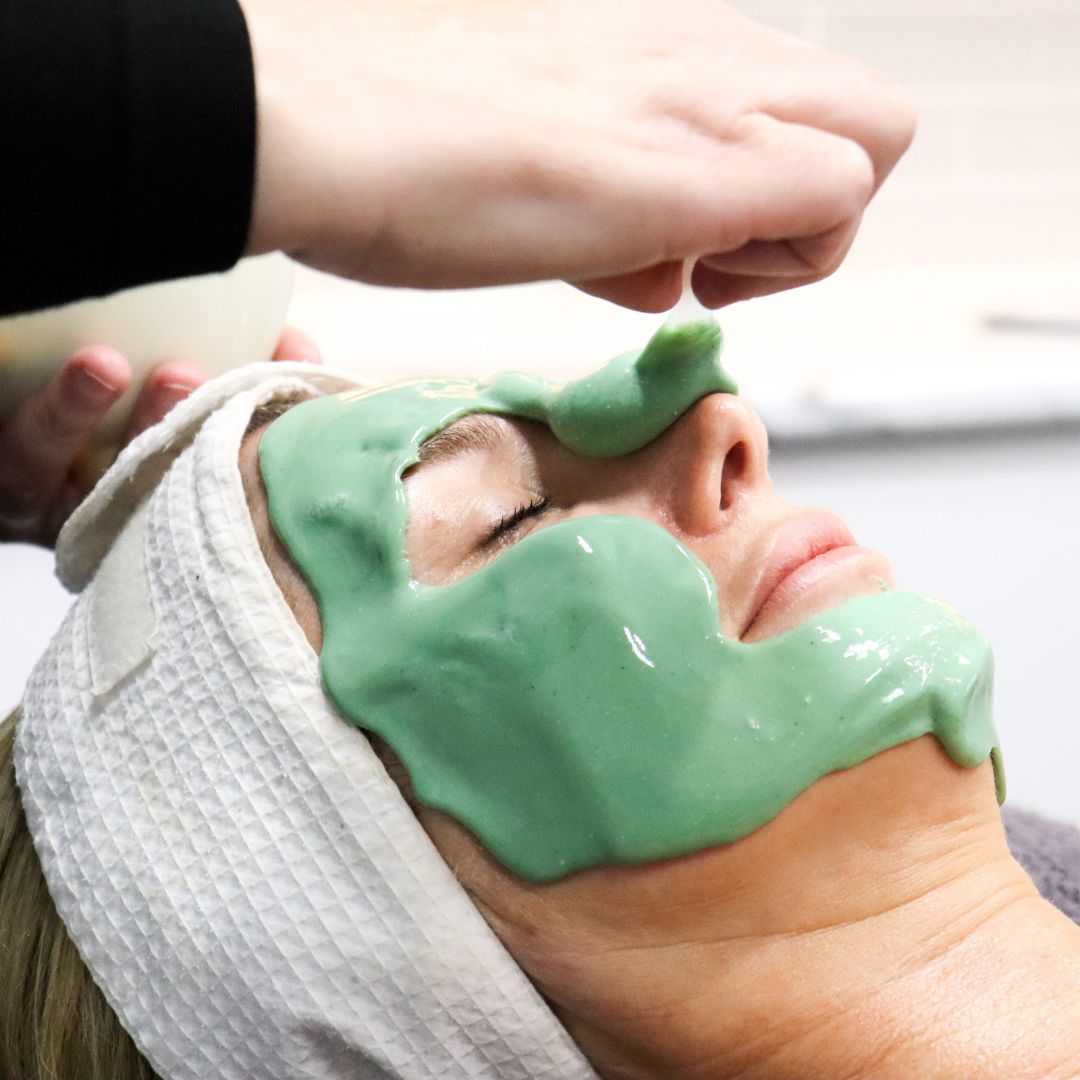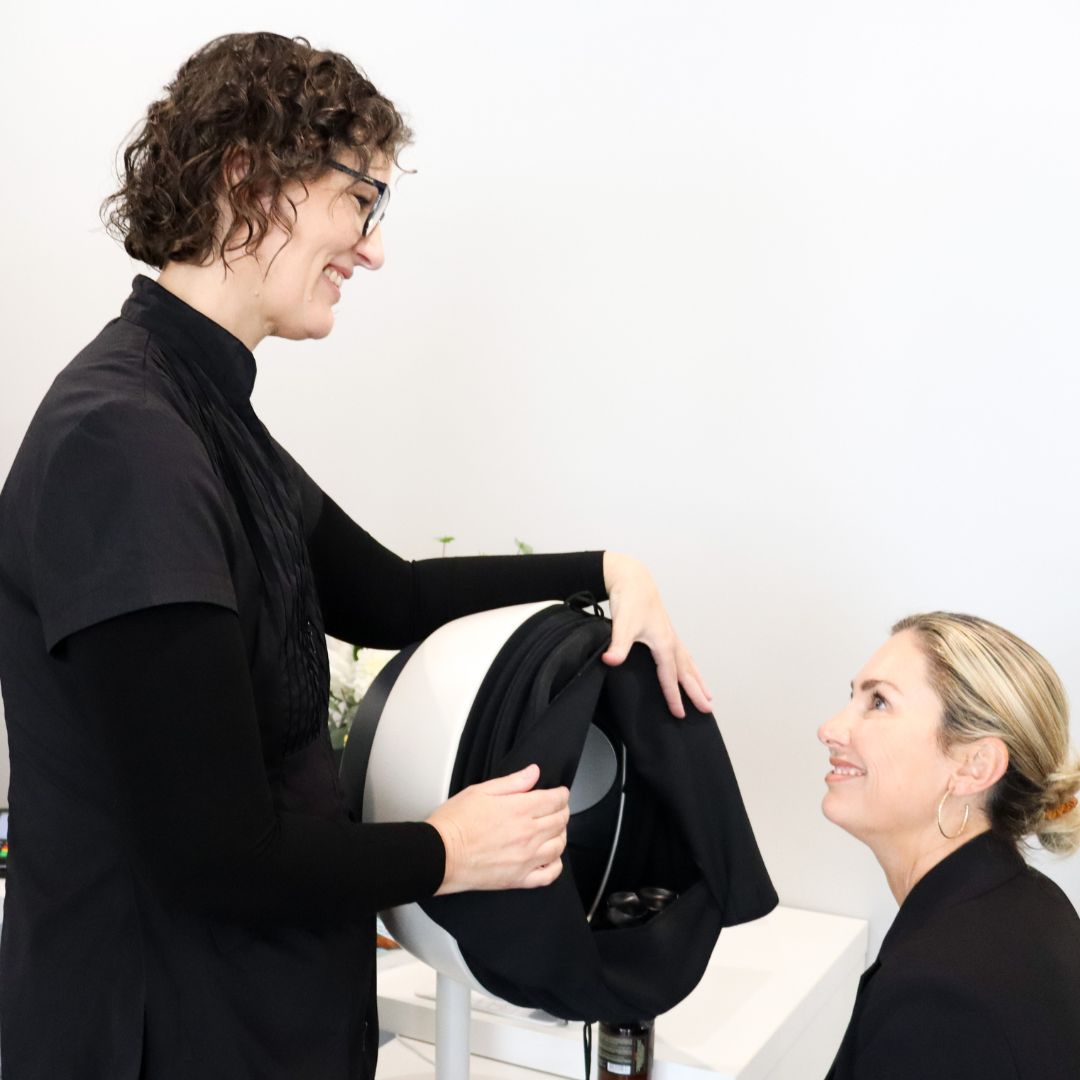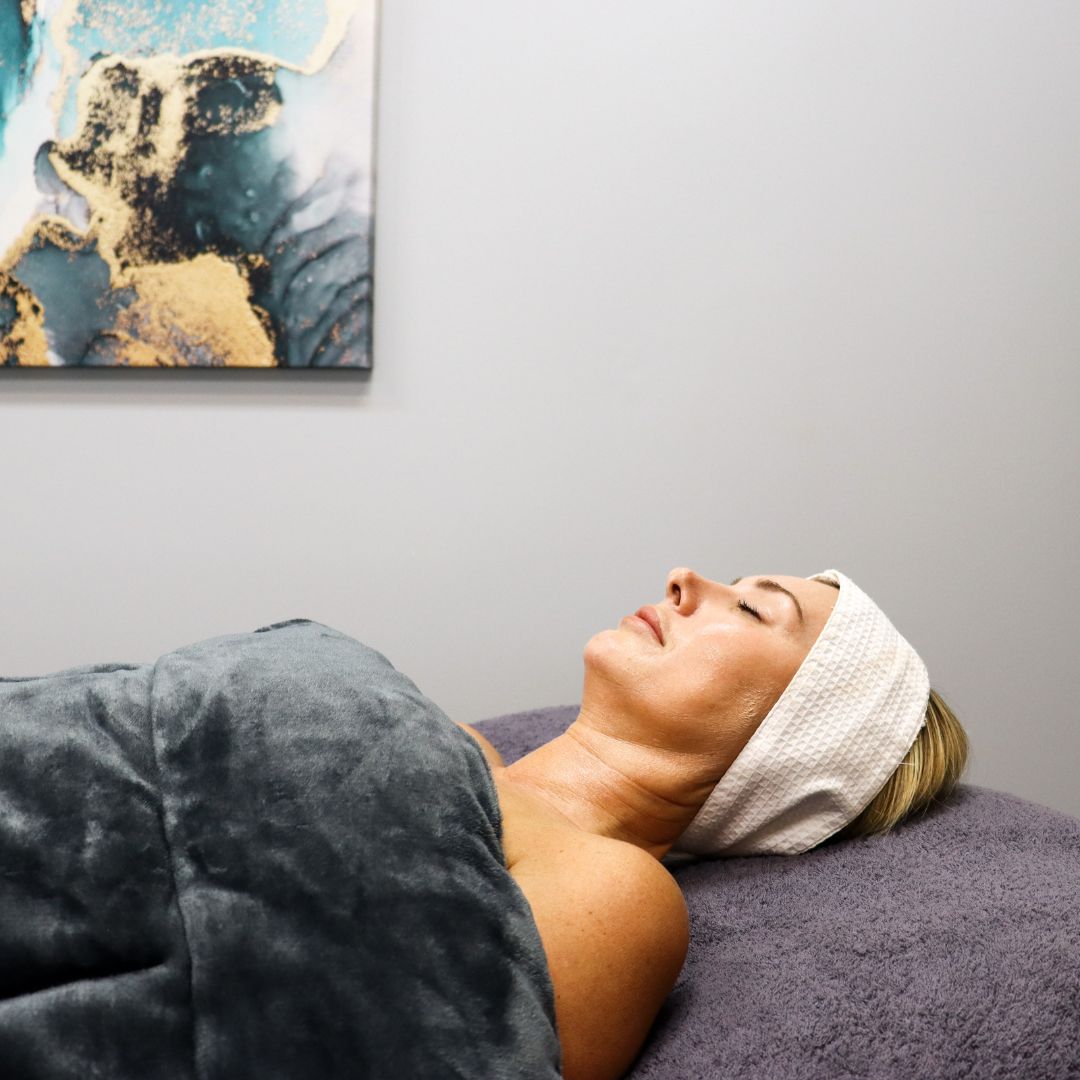Andropause
Specialising in problematic skin conditions.
Andropause.
Andropause, also known as “male menopause” or “late-onset hypogonadism,” is a term used to describe age-related hormonal changes in men, typically occurring in their late 40s to early 50s. Unlike menopause in women, which involves a dramatic decline in estrogen levels, andropause is characterised by a gradual decline in testosterone levels. These hormonal changes can have several effects on the skin and overall health of men:
Skin Changes: Testosterone plays a vital role in maintaining healthy skin in men. As testosterone levels decline with age, men may experience various skin-related changes, including:
Dryness: Reduced oil production can lead to dry and flaky skin.
Wrinkles: A decrease in collagen production can contribute to the development of fine lines and wrinkles.
Thinning Skin: Testosterone helps maintain the thickness of the skin. Lower levels can result in thinner, more fragile skin.
Loss of Elasticity: Reduced testosterone can lead to a loss of skin elasticity and sagging.
Hair Loss: Androgenetic alopecia, or male-pattern baldness, is often associated with hormonal changes in men during andropause.
Acne: Paradoxically, some men may experience an increase in acne during andropause due to fluctuations in hormone levels. This can be attributed to changes in the balance between testosterone and other hormones.
Increased Sensitivity: Some men may find their skin becomes more sensitive or prone to irritation during andropause.
Body Hair: While facial and body hair can become coarser in some areas, it may thin or decrease in other regions due to hormonal changes.
Muscle Mass and Fat Distribution: Declining testosterone levels can result in a loss of muscle mass and changes in fat distribution, potentially leading to a less muscular and more “soft” appearance.
Treatment And Prevention.
It’s important to note that not all men will experience the same degree of skin and health changes during andropause, as individual responses can vary widely. Some men may not notice significant skin changes at all. Managing the effects of andropause on the skin and overall health may involve lifestyle modifications, such as maintaining a healthy diet, engaging in regular exercise, and managing stress. Additionally, hormone replacement therapy (HRT) with testosterone may be considered under the guidance of a healthcare provider to alleviate symptoms and address hormonal imbalances, although it should be used cautiously and only when medically indicated.
Advanced Skincare Clinicians can provide personalised guidance and recommendations for managing menopausal skin.






